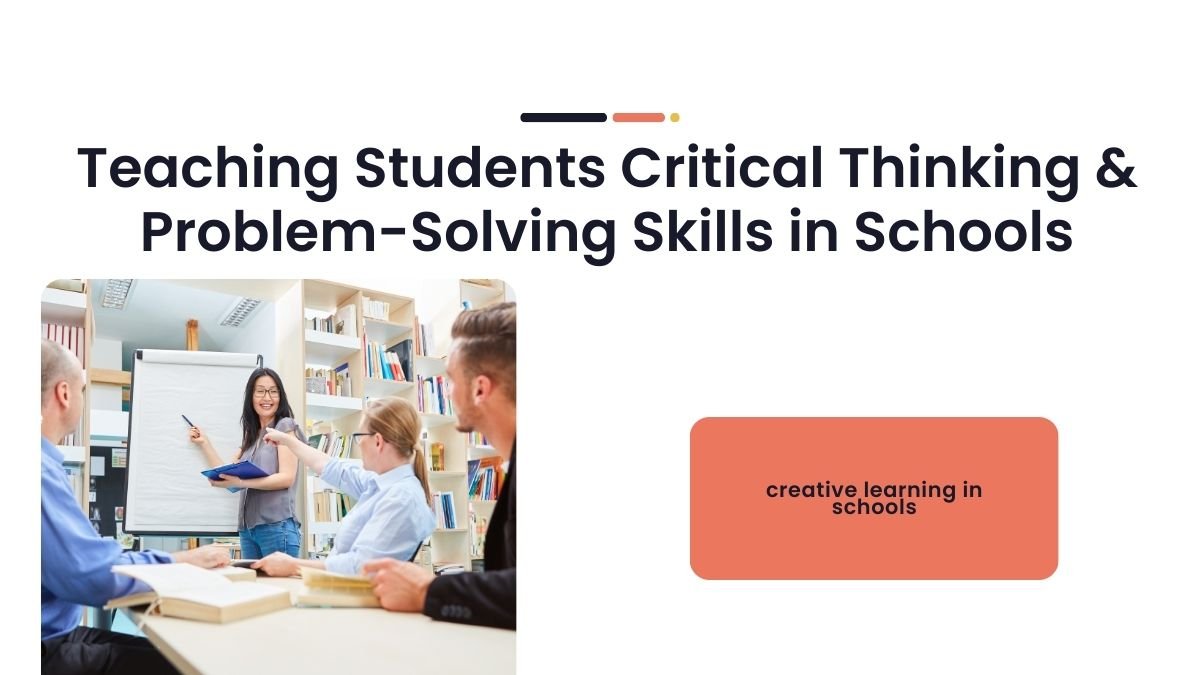B.Ed Internship and Teaching Practice-Student Guide
Internship or teaching practice is one of the most salient experiences of B.Ed (Bachelor of Education). This is not only a formal requirement but also an opportunity for student-teachers to apply the theoretical knowledge that they have learnt at university into the real classroom.
Internship is an experience that students have in learning classroom management, curriculum planning, student relationships, and professional behavior. With the proper preparation and approach, it usually becomes the most significant part of your journey into becoming a teacher.
What to Expect from the B.Ed Internship
1. Phased Immersion
Most internships proceed in gradual steps within three primary phases. Gradually preparing students to take ownership of a classroom.
(a) Observation Phase
For the first part, you will be watching your mentor teacher teach a class.
Note how the teacher manages a classroom, the way in which she explains the subject, and how she interacts with her students.
This is the chance to take in teaching techniques and rhythm of the classroom.
Example: You can see how the teacher encourages students to ask questions or calmly resolves an issue with a challenging student.
(b) Assisted Teaching
At present, you will attempt teaching in the class with the help of a mentor.
Implement your lesson plan and receive comments from the teacher.
This phase is meant to investigate and develop teaching skills.
(c) Independent Teaching Phase
You will take the complete charge of the classroom in this phase.
Teaching students, managing the classroom, conducting assessments and participating in school life will be your main job.
This is your real journey as a teacher starting now.
2. Varied Realities of Classroom Life
Internships give students the real taste of various facets of life in an actual school:
(a) Class Control
Disciplining the students inside the class, controlling all kinds of behaviours from students:
Learning to hold everyone in attendance occupied and engaged in productivity.
(b) School-wide Participation
- Attending staff meetings
- Being part of morning assembly
- Organizing school events
- Occasionally attending parent-teacher meetings
(c) Application of Theory
You apply theory you learned in college regarding curriculum, teaching theory, and classroom psychology to concrete reality.
Encounter with diverse students provides you the skill to learn and adapt.
(d) Assessment and Record Keeping
Prepare and conduct tests, learn about different assessments, and keep track of all lesson plan, observational diary, and other necessary documents.
Ways of Succeeding in Internship
1. Be Prepared and Proactive
(a) Effective Lesson Planning
Prepare detailed, interesting lessons aligned with the curriculum and include objectives, teaching materials, and assessment strategies.
(b) Topic Research
Don’t just stick to the textbook. Dig up additional information, examples, and real-life case studies.
(c) Use Teaching Aids
Use flash cards, projectors, charts, or any technology.
This helps keep the child interested and interactive in class.
(d) Practice Micro-teaching
Build up your confidence before the real classroom.
This will enhance your delivery skills with classroom management by taking a trial class in front of friends or family.
2. Master Classroom and Professional Skills
(a) Of Positive Relationships
Know the names of your students, show interest in their personality and interests.
This is how you build trust and cooperation.
(b) Effective Communication
Clear, confident, and interesting language.
Learn good listening skills to understand the students and mentor teachers.
(c) By Professional Manner
- On time
- Dress code
- Professional behavior with all school staff
(d) Calming Attention Towards Encountering Difficult Students
Approach the challenges with positive reinforcement, build a one-on-one connection with the student, inform parents when necessary.
3. Reflect and Change Tantalizingly
(a) Personal, Reflective Journal
Daily experiences that should be written down–what happened well, what needs improvement, how to potentially improve further learning experiences.
(b) Open Your Mind to Feedback
Learn from the positive criticism received from mentor teacher and college supervisor.
(c) Do Not Hesitate to Ask Questions
Do not ever hesitate to seek advice from mentors and senior staff. This shows you are committed to learning.
(d) Connecting with Classmates
Share experiences, and hurdles. Exchange best practices and get solutions for problems.
4. Practical Challenges Managing
(a) Time Management
The internship required might be one of the hardest in any teacher training program.
Needs a well-formulated schedule on a daily basis to balance all the activities from lesson planning down to classroom and other activities.
(b) Stay Organized
Maintain the necessary documents – lesson plan book, observation diary etc. – to be organized and updated.
(c) Stay Well
Stay positive, manage stress and rest.
This will help you maintain productivity throughout your life. Be active and motivated in internship.
Conclusion
B.Ed internship is not merely a fulfillment of requirements; it is perhaps the best opportunity to develop teaching skills in an actual classroom. Learning and growing into confidence through the phases of observation, assisted teaching and independent teaching. It teaches you the management of the classroom, relationship with students, assessment, and professional behavior. Constant introspection and guidance from the mentor makes you a competent and understanding and inspiring teacher. The more active, committed, and flexible the internship is, the greater the chances of becoming a successful and effective teacher.









